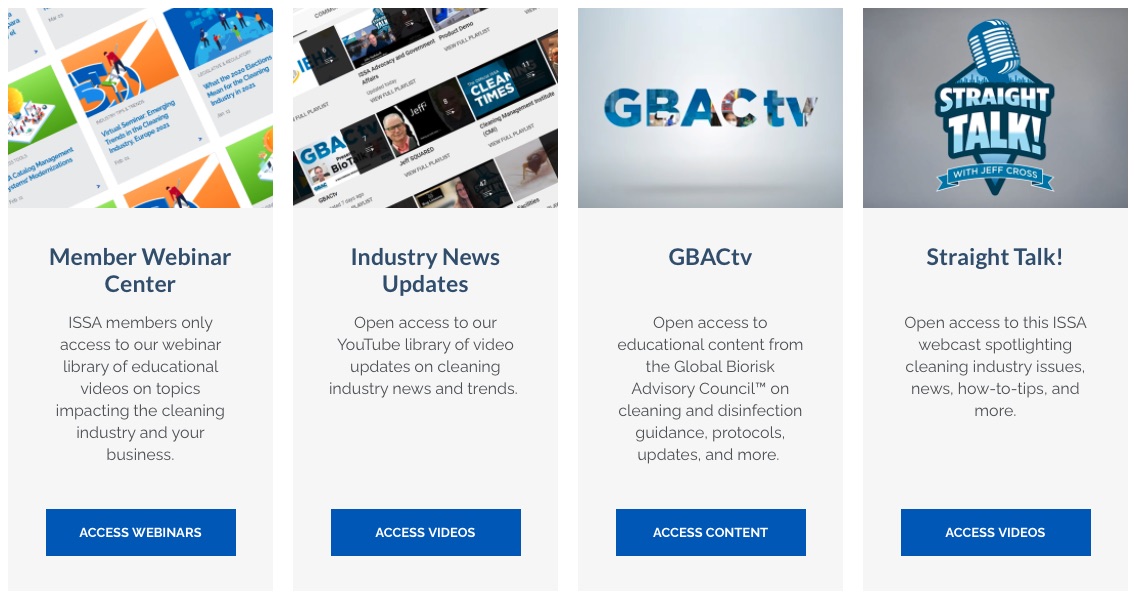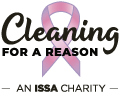News
EPA Establishes Expedited Pathway for Residual Disinfectant Claims
October 20, 2020The U.S. Environmental Protection Agency (EPA) has established testing procedures and an expedited pathway for manufacturers to apply for disinfectant claims of “residual” or “long-lasting” effectiveness on surfaces against viruses like SARS-CoV-2, the coronavirus that causes COVID-19. Specifically, the EPA issued interim guidance, effective immediately, that specifies the scientific testing requirements for two types of antimicrobial products—supplemental residual antimicrobial products and residual disinfectants.
The EPA is defining “supplemental residual antimicrobial products” as those products that work within two hours of a virus or bacteria coming into contact with a surface and can remain effective for weeks to years. These products can supplement, but not replace, routine cleaning and disinfection using products from EPA’s List N. These products are not eligible for List N.
Residual disinfectants are defined as products that are effective within 10 minutes of a virus or bacteria contacting a surface and remain effective for up to 24 hours. Surfaces treated with these products do not require additional cleaning or disinfection during this window of time. These products are eligible to be on List N
The interim guidance issued by EPA was premised on the emergency exemption the agency granted in August 2020 for SurfaceWise®2, recognizing that the product inactivated SARS-CoV-2 for up to seven days. The emergency exemption granted by EPA is limited to use in only certain locations in Texas. At the time EPA issued the emergency exemption, the agency committed to developing a pathway by which all manufacturers could apply for residual efficacy claims on disinfectant products.
While the above referenced policy is effective immediately, EPA has invited comments on this policy for a period of 60 days. ISSA encourages you to review and provide us with your feedback. Please see the following:
While we encourage you to comment directly with EPA, we also ask you to provide your feedback to ISSA as we consider comments on this interim policy. Please send your comments to Bill Balek, ISSA General Counsel, at [email protected] by November 30. 2020.





